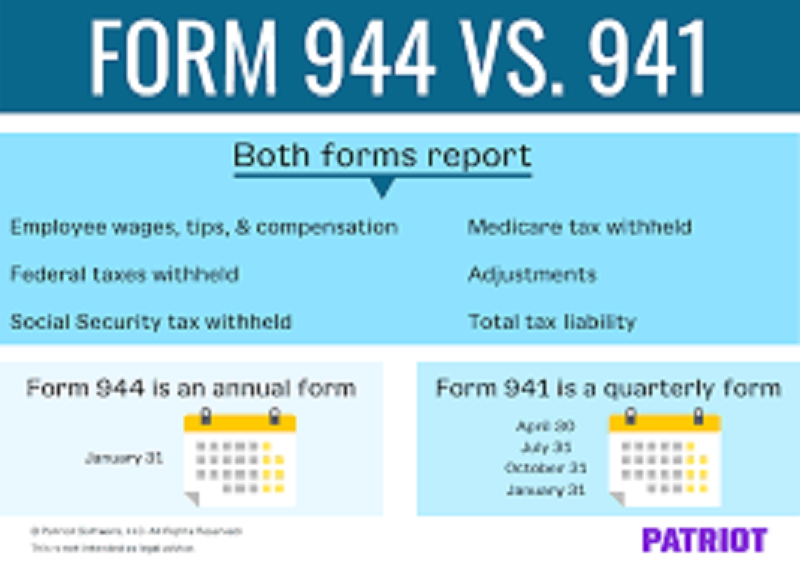All You Need to Know About Form 944
Form 944, the Employer’s Annual Federal Tax Return, differs significantly from the Form 1040 individual taxpayer returns we all fill out each year. While it’s not overly complicated, the form does have its own set of rules and regulations that need to be followed carefully, or else you’ll risk paying unnecessary fines and penalties. Here’s what you need to know about Form 944 in order to avoid trouble with the IRS, as well as some helpful tips on how to fill it out correctly.
What Is Form 944?
If you’re starting your own small business, you may have heard about DBAs – what they are and why you need one. When it comes to small business licenses, the acronyms can be confusing and there are different license options depending on what type of business you’re running. To help clear up the confusion here’s some information on what a DBA is and who needs one. Also, here are some examples of when and why you would or wouldn’t need to incorporate or apply for your state’s version of a DBA license.
When To File Form 944
A DB (or doing business as) is the common way for individuals to operate under a different name from their given legal name. This can be done for any number of reasons, such as wanting to maintain confidentiality in their professional life, or not wanting their personal information associated with their work activities. Once an individual has gone through the steps necessary to establish themselves with a new DB, they must file a Certificate of Assumed Name with their county clerk. The person opening the account will need to provide the following:
1. The assumed name being used and its corresponding legal meaning,
2. An address at which records relating to the assumed name may be delivered and received by mail,
3. Proof that you are 18 years old or older,
4. Payment of filing fee if applicable
How To Fill Out IRS Form 944
A lot of people don’t think they need a DBA but the truth is that almost everyone needs one, even if they’re just starting out as an LLC or solopreneur. There are actually three different types of DBAs available, each with different rules and regulations The Limited Purpose DBA (LP-DBA), the General Purpose DBA (GP-DBA), and the Registered Agent DBA (RA-DBA). These names can be confusing because there’s no LP in the RA acronym! Basically, the LP-DBA is used when someone only wants to do business under their own name and does not have any type of separate entity. With this option, it means that all profit will go directly to them and this type of DBA has fewer requirements for paperwork than the GP-DBA does. It also doesn’t require registering with your state government as the GP-DBA does so it can make things easier on your wallet too.
Where to Find Tax Help (Hint: It’s Free)
A business with employees needs a DBA if they want the personal liability protection that comes with owning a limited liability company. Additionally, many businesses start out as sole proprietorships but eventually will want the limited liability benefits of owning an LLC once they have hired employees or have greater assets at risk, such as rental property or equipment in excess of $20,000 in value.










